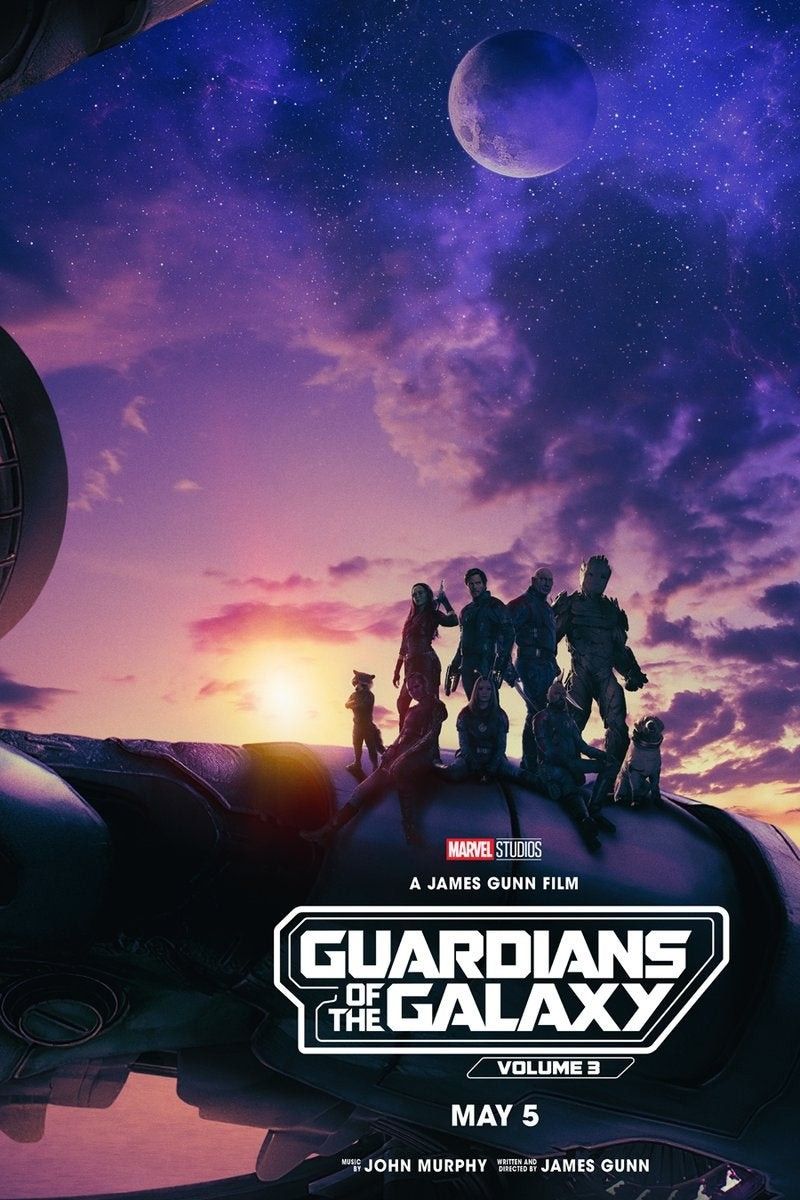Warning: Contains SPOILERS for Marvel's Eternals.
Marvel's Eternals' narrative claims that climate change isn't man-made aligns with the film's insistence that the Eternals themselves are the main factor behind humanity's advancement. Eternals has opened to the worst reviews of any MCU installment to date, with critics, in particular, lambasting Eternals' glacial pacing. This same critical consensus has also taken issue with several of Eternals' historical plot points, including the movie's divisive takes on the bombing of Hiroshima and climate change.
Chloé Zhao's Eternals is certainly grandiose in scope, with the film spanning 7,000 years from the birth of the cradle of civilization to modern-day society. Eternals is keen to suggest, at least canonically for the MCU, that the Eternals themselves are responsible for much of humanity's initial agency as a burgeoning species. Several sweeping scenes show the Eternals inventing the plow, developing agriculture, and even building the great city of Babylon in an effort to display how they have shepherded human evolution since they arrived in Mesopotamia.
Eternals' claims that climate change is not man-made are dangerous in contemporary culture, however, given the MCU's continued popularity with younger audiences. Eternals story and plot states that it is, in fact, the awakening of the Celestial Tiamut that is responsible for heating the Earth, as opposed to the very real deadly concoction of greenhouse gasses and overpopulation that are eating the ozone layer. Instead, in Eternals, Tiamut's awakening is what supposedly is heating the Earth to critical mass, eventually destroying the planet to give birth to a new Celestial being.
Arishem the Judge, confirms in a commune with Sersi (Gemma Chan) that as Tiamut awakens, his energy causes the Earth's core to overheat. When the core reaches a critical mass, Tiamut will arise and explode from the Earth, destroying the planet and confirming Tiamut's birth as a Celestial space god. Eternals states that it is Tiamut's emergence, therefore, that is causing global warming and its' numerous effects, including the melting of the polar ice caps and soaring temperatures around the world.
Yet this line of narrative, even in a fictional setting, can be a slippery slope for the MCU given the real-world issues that accompany global warming. As with Eternals' poorly-judged retconning of Hiroshima, the revisionist history of Tiamut causing global warming essentially excuses humanity for their wrongdoings. Taking away humankind's ability to cause harm to the planet, and replacing it with the actions of the demi-god-like Eternals, is a dangerous precedent to set given the young and often impressionable audiences that flock in their droves to see the evolution of the MCU's phase 4.
This is not to state that it is the duty of Marvel to educate audiences, but rather that the MCU has a responsibility not to warp or diminish the impacts of real-world issues. Tiamut's emergence could have manifested in any number of ways that do not directly contradict issues that the current crop of the world's population is faced with. Eternals' claims that global warming isn't man-made may have worked in the context of their storyline, but they also add to the growing idea that Eternals' tinkering with the MCU's world history is far more heavy-handed than it needed to be.







